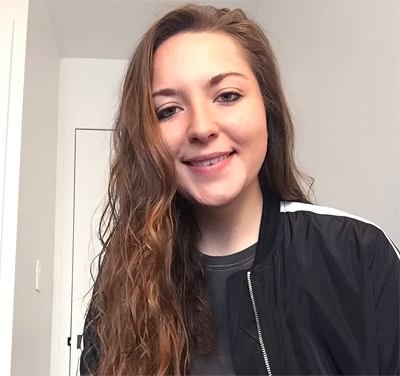If you've ever even considered starting your own podcast, you've surely heard about a podcast RSS feed. But you may have wondered, "what is a podcast RSS feed exactly?" Well to answer your questions about these feeds, we are going to lay out what exactly an RSS feed is, what a podcast RSS feed is for, how you create an RSS feed, and what you do with your podcast RSS feed. So, if you are looking for answers to one or more of these questions, keep on reading!
What is an RSS Feed?
RSS stands for “Rich Site Syndication” or “Really Simple Syndication.” Put simply, an RSS feed is a script that people can subscribe to in order to access updates to online content. More specifically, it is an XML-formatted web feed that specifies information and items contained in a blog or podcast, and allows users to easily access the updates to that online content.
When you subscribe to an RSS feed, your software will automatically check that one address for updated content and display the updates.
What is a Podcast RSS Feed for?
Podcast RSS feeds are used for distributing podcasts. A podcast RSS feed is what allows users to subscribe to that podcast in order to listen to it without visiting the exact website where it is located. A podcast RSS feed also updates subscribers when new episodes are uploaded, so subscribers never have to go searching for the new episodes.
How do I create an RSS Feed?
Your podcast hosting service provides you with this feed when you sign up with them. Then, when you upload your podcast episodes, they will be automatically added to your RSS feed. Within your account with your hosting service, you will have access to your RSS feed, which you can then copy and paste into directory submissions, your website, etc.
It is possible to create your own RSS feed manually with a standalone application or by hand with any text- or code-editor. Letting your RSS feed be created automatically for you with intelligent software is generally the most desirable way to create your RSS feed though. Keep in mind that regardless of how you create your RSS feed, you want to ensure that you ultimately own your RSS feed. If you don't own your feed, then you don't own your content or your audience, which is an issue, especially if you ever want to switch service providers in the future.
What do I do with my RSS Feed?
Aggregators, or directories, such as iTunes (Apple Podcasts), Spotify, and Google Podcasts, look for and gather feeds so users can easily view, play, and subscribe to them. In order for your podcast to be included in directories, you have to submit your RSS feed as well as some other details to each directory that you would like to be listed on. For information on how to submit your podcast to directories, see our articles on the submission processes for iTunes (Apple Podcasts), Google Podcasts and Google Play Music, Google Home, and Spotify. For a list of directories that you can submit your podcast to, check out Best Podcast Directories: Submit & Promote Your Show.
You should also ensure that you link to your RSS feed on your website so that listeners can easily listen and subscribe there as well. To learn about why you should have a podcast website, see our article here.
So, there you have it. A podcast RSS feed is really just the means for easily distributing a podcast. Once you have your RSS feed, you can submit it to directories and place it on your website as well to ensure your podcast is easily accessible and discoverable. Just remember that when creating your podcast RSS feed, make sure that you ultimately own it. Happy podcasting!
Interested in podcasting with Live365? Join our waitlist to be the first to be notified when podcasting is available on the Live365 hosting platform.
Discover thousands of free stations from every genre of music and talk at Live365.com. Keep up with the latest news by following us on Facebook (Live365 (Official) and Live365 Broadcasting) and Twitter (@Live365 and @Broadcast365)!
Article Image: Clker-Free-Vector-Images via Pixabay.

